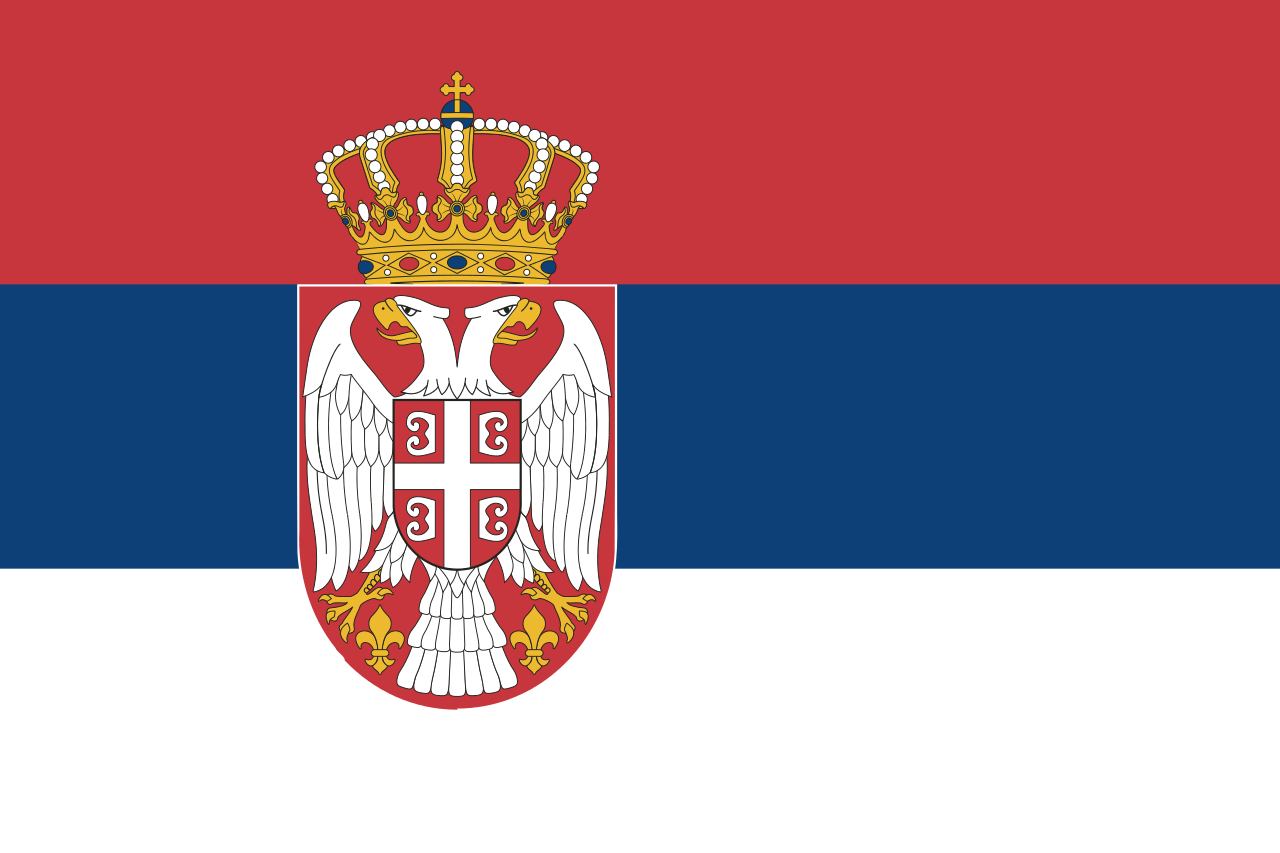Climaproof - Enhancing environmental performance through climate proofing of infrastructure investments in the Western Balkans
Beneficiary Countries:
Type and/or measure of energy efficiency in buildings:
Short description of the overall project
The project aims to improve the capacities of the countries of the Western Balkans countries concerning climate proofing investments in the infrastructure sector. This shall be achieved through integration of EU best practices with regards to climate proofing and green infrastructure in the development of road infrastructure.
The implementation of this project will result in increased technical capacities of the relevant national authorities in the field of climate change adaptation, specifically climate proofing of road infrastructure, green infrastructure and evidence-based policy development in the field of climate change adaptation. Furthermore, it will result in raised awareness of the relevant government officials in the WB concerning climate change impacts on road infrastructure and of the specific needs of the infrastructure sectors for increased resilience, while including cross-cutting issues like public participation and gender equality.
Short description of activities financed by the donation
Direct beneficiaries of this project include 200 trained individuals from the relevant countries, among them decision-makers and experts from relevant ministries and local governments as well as representatives from centers for emergency management and disaster risk reduction and the RCC. The 200 directly trained officials will then be requested to train 4 more colleagues through a peer-to-peer approach, which would result in 800 trained officials. Furthermore, 1,000 further stakeholders from international organizations, the private sector, research institutions and civil society organizations will benefit from access to information and improved participation in decision making. The indirect beneficiaries add up to more than 16 million people, which is an estimate of the number of road infrastructure users within the population of the Western Balkans region who will be able to benefit from a safer, more resilient and more reliable road infrastructure network.
The project results will be achieved through the development of a Regional strategy on climate resilient infrastructure, tailor-made training modules and development of guidelines, enhanced dialogue via regional communication tools as well as exchange of information, experiences and best practices via networking and training events. The project has the following components:
(1) Understanding the future climate and weather patterns in the target region: strengthening national capacities to understand climate change and climate change related risks in the region through improvement of the information base;
(2) Planning for the future climate and weather patterns in the target region: strengthening national capacities to integrate climate change projections and climate proofing and green infrastructure in infrastructure development on a regional and national level;
(3) Building infrastructure adapted to the future climate and weather patterns in the target region: creating an enabling environment for regional cooperation and investments in climate resilient infrastructure in the WB.







